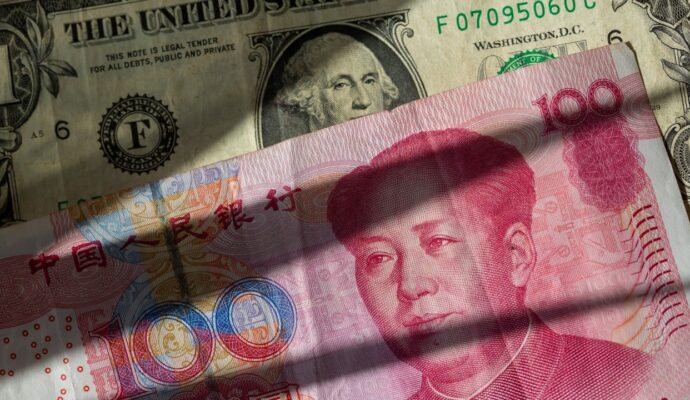
In the grand theatre of international politics, soft power – the art of attraction without coercion or payment so eloquently defined by the late Joseph Nye – was long considered the gleaming crown jewel of American influence and the glaring deficiency in the Chinese arsenal amid the countries’ rivalry for pre-eminence.
Advertisement
Yet since US President Donald Trump’s return to office, the balance of international attraction has been shifting remarkably in Beijing’s favour.
On the domestic front, the US administration’s actions have profoundly compromised America’s soft power reservoir. Its attacks on academic freedom and termination of student visas weaken the allure of American higher education, a key soft-power asset that fosters global appreciation for US values.
Cuts to federal research grants, such as those for the National Institutes of Health, threaten America’s technological leadership. A recent Nature survey of scientists in the US revealed an alarming finding – 75 per cent of respondents were considering relocating amid funding instabilities – a potential brain drain that would severely impair the nation’s capacity to attract and retain talent.
According to Nye, liberal democracies typically score high in national attractiveness because they are generally perceived as more legitimate and trustworthy than their non-democratic counterparts.
Advertisement
Trump’s authoritarian tendencies – his expressed admiration for autocratic leadership styles, prioritisation of loyalty over expertise in staffing his administration and efforts to bend news coverage to his will – undermine the rule of law, a cornerstone of US soft power, tarnishing its image as an exemplar of democracy.


